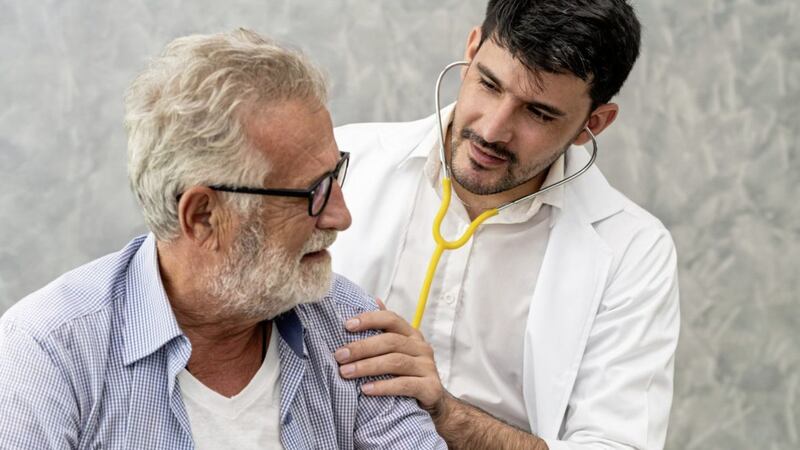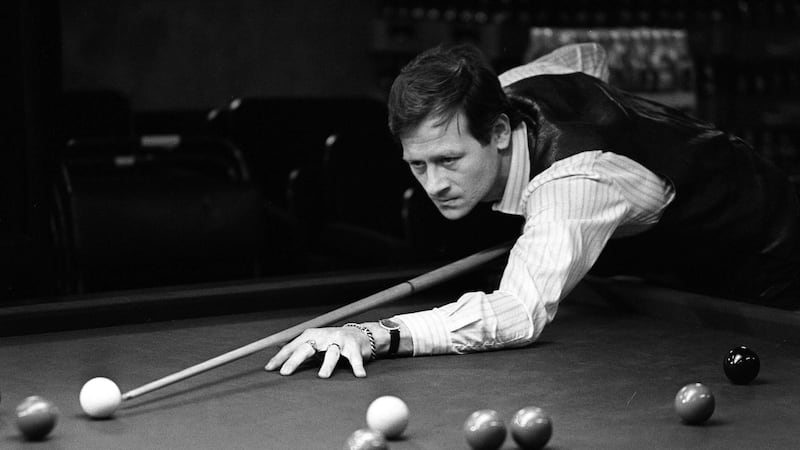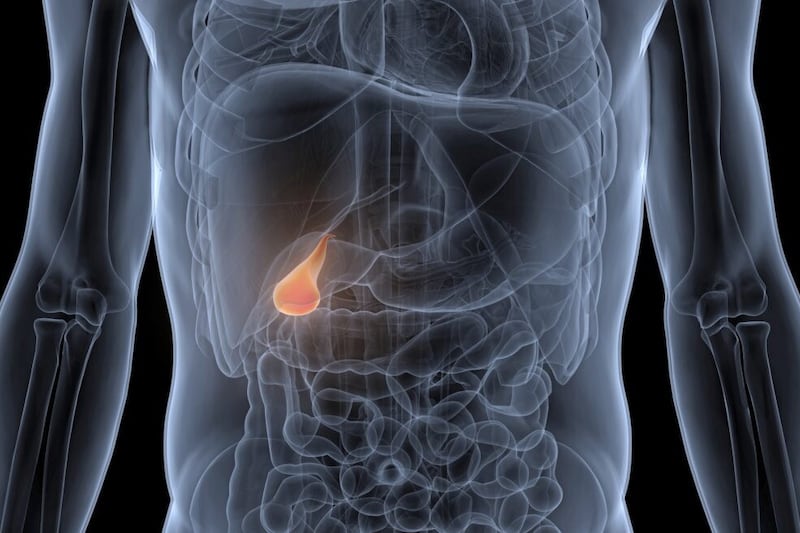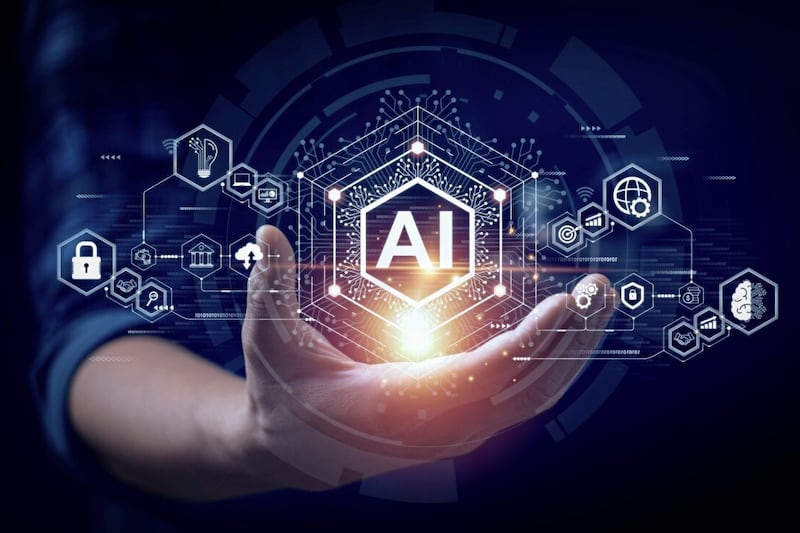IN-PERSON consultations are as important to medical care as diagnosis itself and must be preserved.
Some years after I qualified as a doctor, it became compulsory for those wanting to enter general practice to undergo training for certain special skills.
A cornerstone of that training was to study the work of psychoanalyst and physician Michael Balint and his book, The Doctor, His Patient, And The Illness.
This sets out the idea that the very process of a medical consultation can be in itself a form of treatment – in other words, there’s something magical in the appointment that’s therapeutic.
Thanks to the pandemic, the ‘remote’ GP consultation has truly arrived and is clearly here to stay. But as the chairman of the Royal College of General Practitioners, Professor Martin Marshall, reminded us in a recent – ironically virtual – conference, the emphasis on phone and video consultation is risking the loss of key elements of general practice.
For me, this loss includes that sixth sense, a feeling that there’s something unsaid which might be the real reason the patient has booked an appointment. Their posture, demeanour and appearance can offer vital clues.
Equally, the non-verbal cues from the doctors themselves – support, empathy, understanding – can only happen when face to face with a patient.
Of course, there’s a place for conducting some elements of care online (for example, simple questions about treatment updates). But as Profe Marshall said: "The relationship between a patient and their GP is as important as a scalpel is to a surgeon."
The personal connection is a vital component of medical care that we must honour and conserve.
© Solo dmg media








